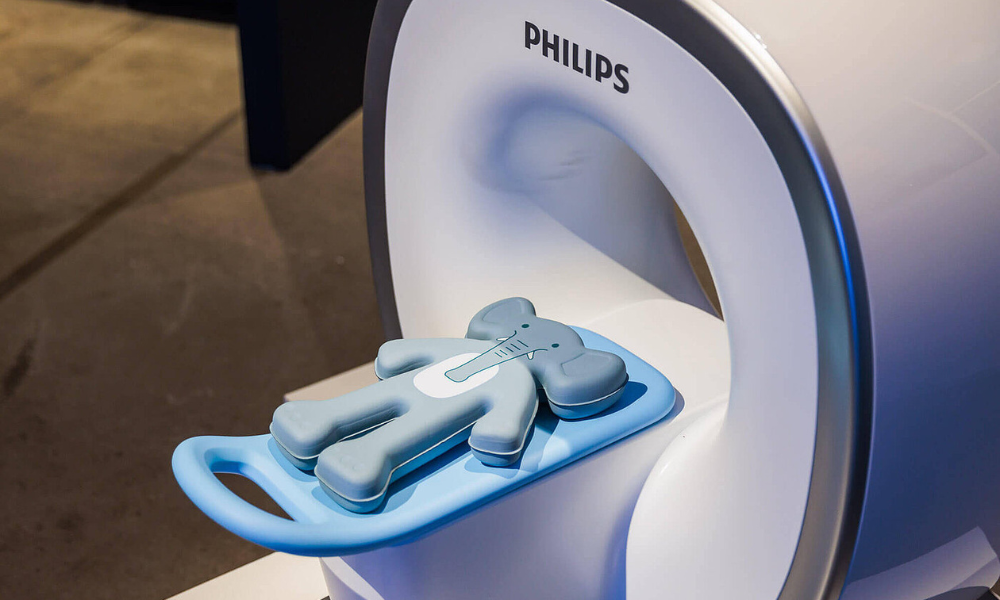
A small but powerful innovation at Grantham District Hospital is proving that patient-centred care doesn’t always require high-cost technology or complex systems. The hospital’s introduction of a toy MRI scanner – the Kitten Scanner – has helped reduce the need for sedation in paediatric patients, leading to an estimated £150,000 in savings on sedation and related care costs.
The initiative, launched two years ago by the Lincolnshire Community and Hospitals NHS Group, is an example of how creative, low-cost interventions can improve both patient experience and operational efficiency in healthcare settings.
A simple concept with significant impact
The Kitten Scanner is a miniature replica of an MRI machine, designed to familiarise children with the process before undergoing a real scan. By allowing young patients to “scan” toy animals and dolls, play leaders help demystify the procedure, reducing anxiety and improving cooperation during the actual imaging session.
According to Sandy Crook, play leader at the Trust, the device has been “overwhelmingly successful” in calming young patients:
“I know from speaking to many parents they are thankful for the Kitten Scanner and that their little ones don’t need to go through sedation,” she said.
Enhancing care while reducing costs
MRI scans can be intimidating, particularly for children, where the noise, enclosed space, and need to remain still often lead to sedation. Each case requiring general anaesthetic not only adds cost but also increases clinical risk and resource use.
Since the United Lincolnshire Hospitals Charity funded the £15,000 purchase, staff have seen a tangible drop in sedation rates. This has translated into significant savings, both in clinical time and post-procedure recovery costs, while freeing up valuable hospital capacity.
“The Kitten Scanner has saved money by avoiding sedation, as well as the time and costs associated with a short hospital stay to recover from a general anaesthetic,” added Crook.
Building confidence and future opportunities
Beyond the financial and operational benefits, the initiative reinforces the importance of psychological preparation and patient-centred design in healthcare. Each successful scan without sedation represents reduced anxiety, improved experience, and a more positive hospital encounter for children and families alike.
Following the scanner’s success at Grantham, discussions are now underway to roll out similar models to other NHS hospitals, further demonstrating the scalability of simple, cost-effective solutions in paediatric care.
Lessons for healthcare innovators
For pharmaceutical and medtech professionals, the Kitten Scanner story emphasises the growing role of behavioural insights, simulation, and patient engagement tools in improving outcomes and reducing healthcare costs. As NHS Trusts and private providers alike face mounting pressure to do more with less, the success at Grantham offers a clear takeaway: innovation doesn’t always have to be high-tech to be high impact.
Back to News + Insights